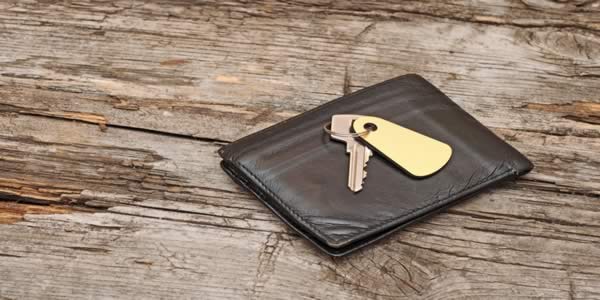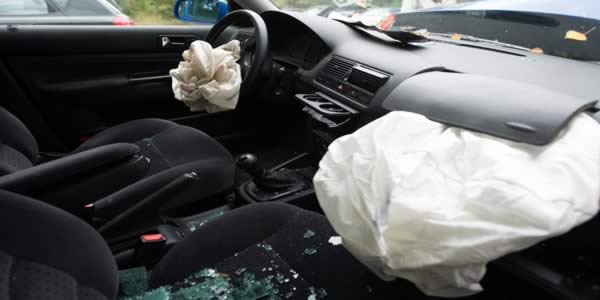In this article, our DUI defense lawyers explain how South Carolina’s Zero Tolerance laws work for people under 21. Although it’s illegal in South Carolina to sell alcohol to someone who is under 21 years old, kids still find access to it. Unfortunately, they sometimes drive a vehicle after consuming alcohol.
The Zero Tolerance Law for Underage Drivers in South Carolina
In South Carolina, a person who is under the age of 21 who operates a motor vehicle while drinking alcohol or who drives with a blood alcohol concentration of .02 percent or greater is subject to South Carolina’s “zero-tolerance policy.” If the driver is under 21 and law enforcement suspects the driver is under the influence of alcohol or drugs, then the arresting officer can charge the driver under traditional DUI laws. However, the officer can charge the underaged drinker and driver under South Carolina’s Zero Tolerance Law.
If the charge is a traditional DUI, then the legal limit is 0.08%. If the driver’s blood-alcohol content is over .08%, then it can be presumed the driver was under the influence of alcohol. Under the Zero Tolerance Law, the legal limit is 0.02%. For most underage drinkers, one drink will put them over this limit. If the underage drinker and driver is suspended under the Zero Tolerance law, there can be no criminal prosecution for DUI.
The Zero Tolerance Suspension in South Carolina
Similar to the law regarding drivers over 21, a driver under 21 years old is “considered to have given consent to chemical tests of the person’s breath or blood for the purpose of determining the presence of alcohol.” So, if a young driver is arrested, and the police have probable cause to believe he or she is under the influence of alcohol, the police can demand a breath sample, or in some cases, a blood or urine sample.
If the driver refuses to give a sample, the driver will be suspended from driving for 6 months if this is the first offense. If the driver has a previous conviction for DUI or has previously been suspended for refusing to give a sample within the past three years, the person will be suspended for one year. The person will also have to complete the Alcohol and Drug Safety Action Program (ADSAP).
If the driver gives a sample and registers a 0.02 or higher, the person will be suspended for 3 months on a first offense. If the driver has a conviction for DUI or has been suspended for refusing or blowing over a 0.02 within the past 3 years, the person will be suspended from driving for 6 months.
Fighting a Zero Tolerance Suspension in South Carolina
This suspension can be challenged in some instances, but an implied consent hearing needs to be requested within 30 days from the date of the arrest. At the hearing, the driver can challenge various things, including the accuracy of the machine, whether the arrest was lawful, whether the driver was adequately advised of the consequences of blowing or not blowing, and whether the driver actually refused. In most cases, the driver can obtain a Temporary Alcohol License (TAL) to allow them to drive without restrictions while they wait for the implied consent hearing.
Options for Handling a Zero Tolerance Suspension in South Carolina
A driver can challenge the suspension, as we described above. If the driver doesn’t challenge the suspension or loses the hearing, the driver needs to consider what options may apply. These options might include getting a route restricted license, riding a moped, or installing an ignition interlock device. We discuss dealing with South Carolina driving suspensions in more detail here.
DUI Defense Lawyers in Charleston
If you got a DUI in Charleston South Carolina or the surrounding areas, then you should contact the lawyers at Futeral & Nelson and schedule a free consultation.












